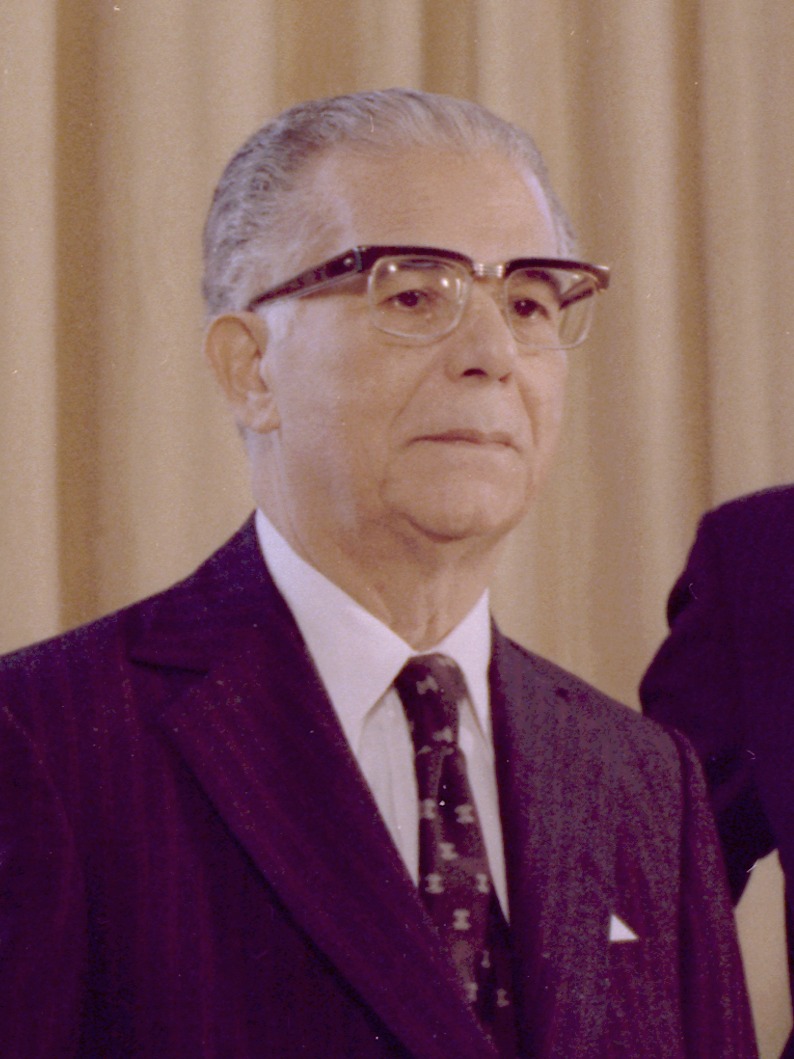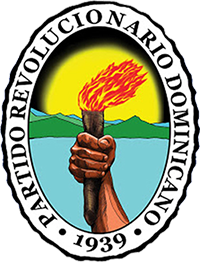
Presidential elections were held in the Dominican Republic on 16 May 2004. The result was a victory for former president Leonel Fernández, who defeated incumbent Hipólito Mejía. Voter turnout was 72.8%.

The Social Democratic Institutional Bloc is a left-wing and social democratic political party of the Dominican Republic. It first contested national elections in 1994 when it was part of a Dominican Revolutionary Party-led alliance that won the Congressional elections. It was again part of the winning PRD bloc in the 1998 elections, before switching its allegiance to the Dominican Liberation Party for the 2002 elections. In the 2006 elections it was part of the victorious Progressive Bloc.

Parliamentary elections were held in the Dominican Republic on 16 May 2002. The result was a victory for the opposition Dominican Revolutionary Party-led alliance, which won 73 of the 150 seats in the House of Representatives. Voter turnout was 51.0%.

General elections were held in the Dominican Republic on 16 May 1982. Salvador Jorge Blanco of the Dominican Revolutionary Party won the presidential election, whilst his party also won the parliamentary elections. Voter turnout was 71.6%.

General elections were held in the Dominican Republic on 16 May 1934. Two years earlier, the Dominican Party of President Rafael Trujillo had been declared the only legally permitted party. However, the country had effectively been a one-party state since Trujillo assumed office in 1930.

General elections were held in the Dominican Republic on 16 May 1938. At the time, the country was a single-party state, with the Dominican Party as the only legally permitted party.

General elections were held in the Dominican Republic on 16 May 1942. Rafael Trujillo was the only candidate in the presidential election and was elected unopposed, whilst his Dominican Party won every seat in the Congressional elections. They were the first elections in Dominican history in which women could vote.

General elections were held in the Dominican Republic on 16 May 1952. Héctor Trujillo was the only candidate in the presidential election, and was elected unopposed, although his predecessor and brother Rafael Trujillo maintained absolute control of the country. The Dominican Party won every seat in the Congressional elections.

General elections were held in the Dominican Republic on 16 May 1957. Héctor Trujillo was the only candidate in the presidential election, and was elected unopposed, although his predecessor and brother Rafael Trujillo maintained absolute control of the country. The Dominican Party won every seat in the Congressional elections.

General elections were held in the Dominican Republic on 20 December 1962. They were the first after the end of the Trujillo dictatorship two years earlier, and are generally reckoned as the first truly free elections in the country's history.

General elections were held in the Dominican Republic on 1 June 1966. Following the 1963 coup which toppled elected president Juan Bosch of the Dominican Revolutionary Party, supporters of his constitutional reforms were excluded from the elections, although Bosch himself contested them. The result was a victory for Joaquín Balaguer of the Reformist Party, whilst his party also won the Congressional elections. Voter turnout was 75.6%.

General elections were held in the Dominican Republic on 16 May 1970. The main opposition party, the Dominican Revolutionary Party, did not contest the election, leaving only the ruling Reformist Party and some right-wing and centre-right parties. Incumbent Joaquín Balaguer won the presidential election, whilst his Reformist Party won the Congressional elections. Voter turnout was 63.5%.

General elections were held in the Dominican Republic on 16 May 1974. The main opposition party, the Dominican Revolutionary Party, did not contest the election, leaving only the ruling Reformist Party and some right-wing and centre-right parties. Incumbent Joaquín Balaguer won the presidential election, whilst his Reformist Party won the Congressional elections in alliance with the National Youth Movement. Voter turnout was 71.7%.

General elections were held in the Dominican Republic on 16 May 1978. Following diplomatic pressure from American President Jimmy Carter, the elections were free and competitive and contested by all political parties, unlike the previous elections in the 1970s. Antonio Guzmán Fernández won the presidential election, whilst his Dominican Revolutionary Party won the Congressional elections. Voter turnout was 75.8%.

General elections were held in the Dominican Republic on 16 May 1990. Following a long vote count, Joaquín Balaguer of the Social Christian Reformist Party was declared winner of the presidential election, whilst in the Congressional elections the PSRC received the most votes and won a majority in the Senate, although the Dominican Liberation Party won the most seats in the House of Representatives. Voter turnout was 59.9%.

General elections were held in the Dominican Republic on 16 May 1994. Joaquín Balaguer of the Social Christian Reformist Party won the presidential election, whilst the Dominican Revolutionary Party-led alliance won the Congressional elections. Voter turnout was 87.6%.

Presidential elections were held in the Dominican Republic on 16 May 1996, with a second round on 30 June. Whilst José Francisco Peña Gómez won the most votes in the first round, he was defeated by Leonel Fernández in the second round, after the Social Christian Reformist Party, whose candidate had lost in the first round, declared their support for Fernández. Voter turnout was 78.6% in the first round and 76.8% in the second.

Constitutional Assembly elections were held in the Dominican Republic on 1 June 1927. The role of the Assembly was to review and amend certain articles of the constitution. This assembly amended the constitution so president and vice president's terms would extend six years. This assembly, however, was elected by Congress, not the general population, and thus had invalided Constitutional procedures.

Constitutional Assembly elections were held in the Dominican Republic on 8 December 1946. The role of the Assembly was to review and amend certain articles of the constitution.

Constitutional Assembly elections were held in the Dominican Republic on 13 November 1955. The role of the Assembly was to review and amend certain articles of the constitution.







